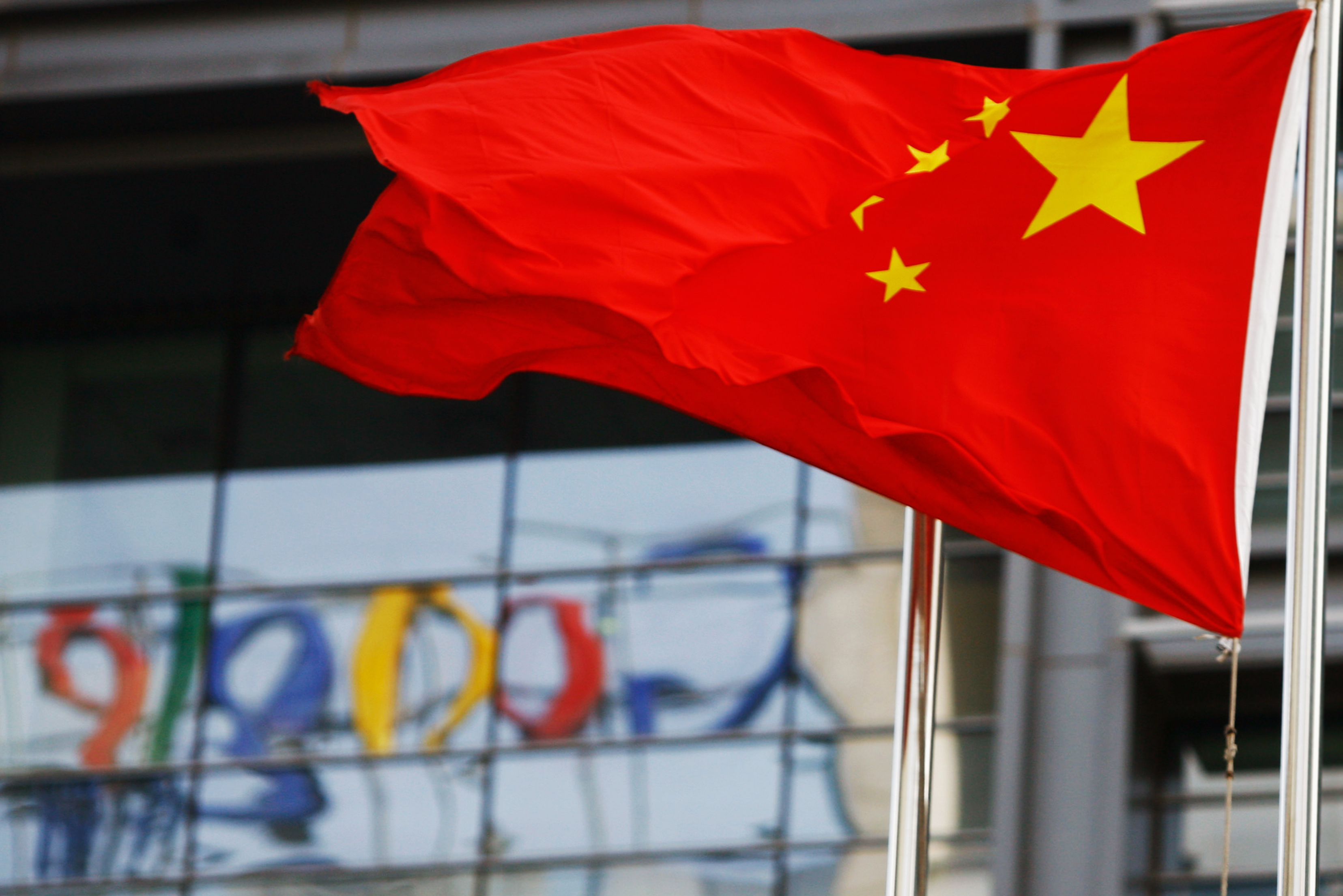Google’s Return to China Foretells a Global Race to Deliver AI

When Google abandoned the Chinese search market over government censorship in 2010, it seemed a remarkably principled act of self-sabotage. The company’s decision to return to China today, by establishing a new AI research center in Beijing, is all about safeguarding its future.
The center was announced at an event in Shanghai today by Fei-Fei Li, a prominent AI researcher and the chief scientist at Google Cloud. With the announcement, Google is acknowledging the growing importance of China for the future of AI. It is also setting the stage for a battle over who gets to deliver AI to the rest of the world.
“I believe AI and its benefits have no borders,” Li wrote in a blog post that also announced the new center. “Whether a breakthrough occurs in Silicon Valley, Beijing or anywhere else, it has the potential to make everyone’s life better for the entire world. As an AI first company, this is an important part of our collective mission. And we want to work with the best AI talent, wherever that talent is, to achieve it.”
Indeed, in the mad rush to attract AI talent, Google simply cannot afford to ignore China—especially when its home turf is becoming less friendly to fundamental research (see “The U.S. Leads in AI, but for How Long?”). Li has also spoken of her desire to help make AI more accessible through Google’s cloud platform (see “Put Humans at the Center of AI”).
Likewise, it seems that China, which is desperate to make the most of advances in AI, cannot ignore Google’s efforts in the field (see “China’s AI Awakening”). No doubt it also helps that Google Cloud is led by Li and one of her ex-students, Jia Li, both of whom were born in China.
It is also significant that the lab is under the purview of Google Cloud. Cloud computing will be the way that most companies access AI and machine learning in the future. And since the technology has the potential to let whole industries reinvent themselves, this promises to become an incredibly important computing paradigm.
Big tech companies in both the U.S. and China are now racing to add machine-learning capabilities to their cloud computing systems. Google does not have the biggest cloud computing business in the U.S., lagging behind Amazon, Microsoft, and IBM. But the search giant is adding AI to its platform at an impressive clip.
The tools available so far are relatively simple, offering ways to transcribe speech or recognize objects in images or video, for example. But Google is working on ways to automate the training of more sophisticated and customized machine-learning models, which should make the technology more accessible (see “You Could Become an AI Expert Before You Know It”).
In China, meanwhile, the big three Internet companies Alibaba, Tencent, and Baidu all have large cloud computing platforms of their own. These companies are also investing big sums in their own AI research programs. And they will no doubt benefit from a large commitment by the Chinese government to invest in AI research and to help companies tap into it.
By establishing this foothold in China, then, Google is not only acknowledging the importance of Chinese researchers and companies in shaping the future of AI. It is also laying the foundation for what looks likely to be a global contest to deliver AI on demand.
Keep Reading
Most Popular
Large language models can do jaw-dropping things. But nobody knows exactly why.
And that's a problem. Figuring it out is one of the biggest scientific puzzles of our time and a crucial step towards controlling more powerful future models.
The problem with plug-in hybrids? Their drivers.
Plug-in hybrids are often sold as a transition to EVs, but new data from Europe shows we’re still underestimating the emissions they produce.
Google DeepMind’s new generative model makes Super Mario–like games from scratch
Genie learns how to control games by watching hours and hours of video. It could help train next-gen robots too.
How scientists traced a mysterious covid case back to six toilets
When wastewater surveillance turns into a hunt for a single infected individual, the ethics get tricky.
Stay connected
Get the latest updates from
MIT Technology Review
Discover special offers, top stories, upcoming events, and more.